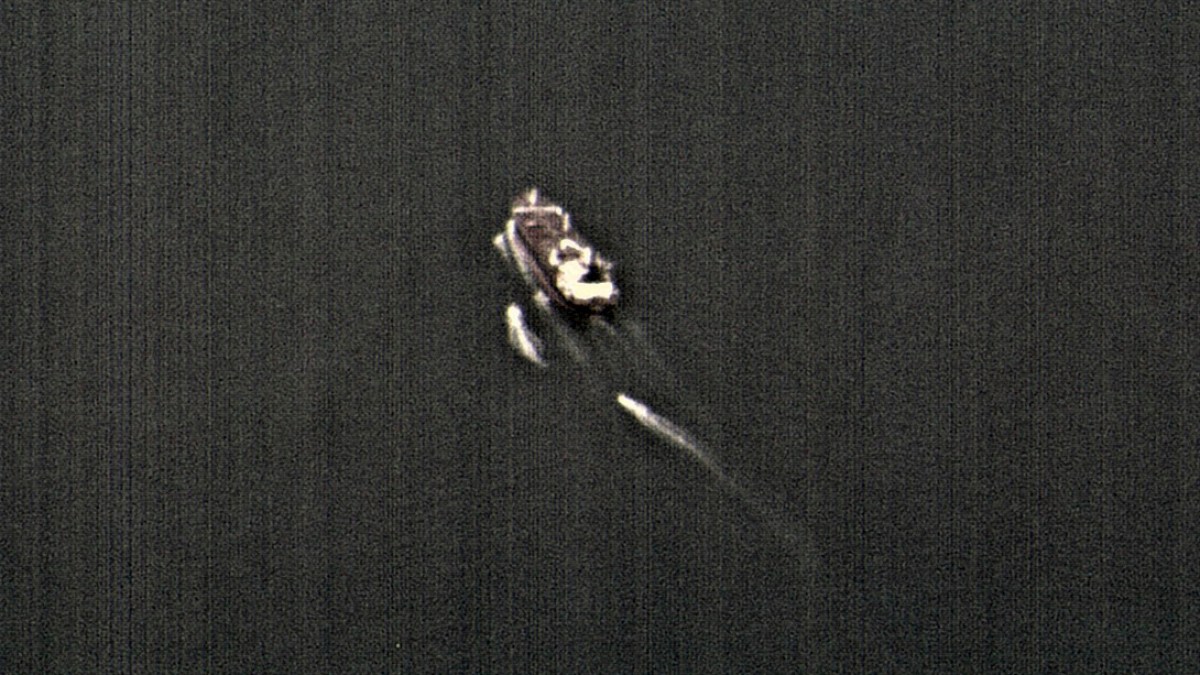Annan pushes UN council members on oil scandal
The U.S. General Accounting Office, the investigatory arm of Congress, said Saddam had earned $4.4 billion in illicit charges on oil sales, while another $7 billion in oil was smuggled out of Iraq.
U.N. spokesman Fred Eckhard said Annan had discussed a probe with the five permanent council members — the United States, Britain, France, China and Russia. His deputy, Canadian Louise Frechette, spoke to several other council members.
Annan has the authority to investigate charges involving U.N. employees administering the program, begun in Dec. 1996 to help alleviate the impact of sanctions on ordinary Iraqis.
The program, supervised by a Security Council panel, involved oil companies paying revenues to a U.N. escrow account and the United Nations paying suppliers of goods Iraq bought.
A comprehensive probe would need support from council members to investigate the middle men who bought the oil, companies that supplied civilian goods and the French bank BNP-Paribas, which handled a U.N.-Iraqi account.
Since some of the firms and individuals charged with accepting bribes are nationals of the 15 council members, the body could set limits on any probe.
A U.N. diplomat said many council members did not appreciate the urgency of an investigation, which has been urged by U.S. officials, including Secretary of State Colin Powell. "They aren’t feeling the same heat in the Europe or Latin America," he said.
Security Council President Jean-Marc de la Sabliere of France said the United Nations had asked for documents from Iraq. But he said the council was "not seized of the matter" and would not "react to media rumors of allegations."
Conservative media have come close to calling the United Nations an evil empire and The Wall Street journal editorial page called for Annan’s resignation.
Those making the charges believe the United Nations caved in to pressure from Saddam and failed to supervise the program. From the U.N. point of view, the program was often hamstrung by council members and gave Saddam considerable leeway in choosing firms to sell Iraq’s oil and buy its goods.
One name on a list of people alleged to have received bribes is Benon Sevan, who was in charge of the program since October 1997. Sevan has vigorously denied this saying, there was "absolutely no substance to the allegations."
Much of the data has come from Claude Hankes-Drielsma, a British businessman and long-time acquaintance of Chalabi, who said Iraqis kept detailed records of the oil-for-food program.
But many of the documents have not yet been given to the United Nations. Hankes-Drielsma said the global accounting firm KPMG was preparing a report first.
Although the bulk of crude oil went through the U.N. plan, Iraq also smuggled oil by road and a pipeline through Syria.
At one point, the United States, Britain and France attempted to weed out unscrupulous middlemen but other members objected. At another stage, Britain and the United States insisted on setting oil prices retroactively to prevent illegal surcharges oil companies had to pay to Saddam.


